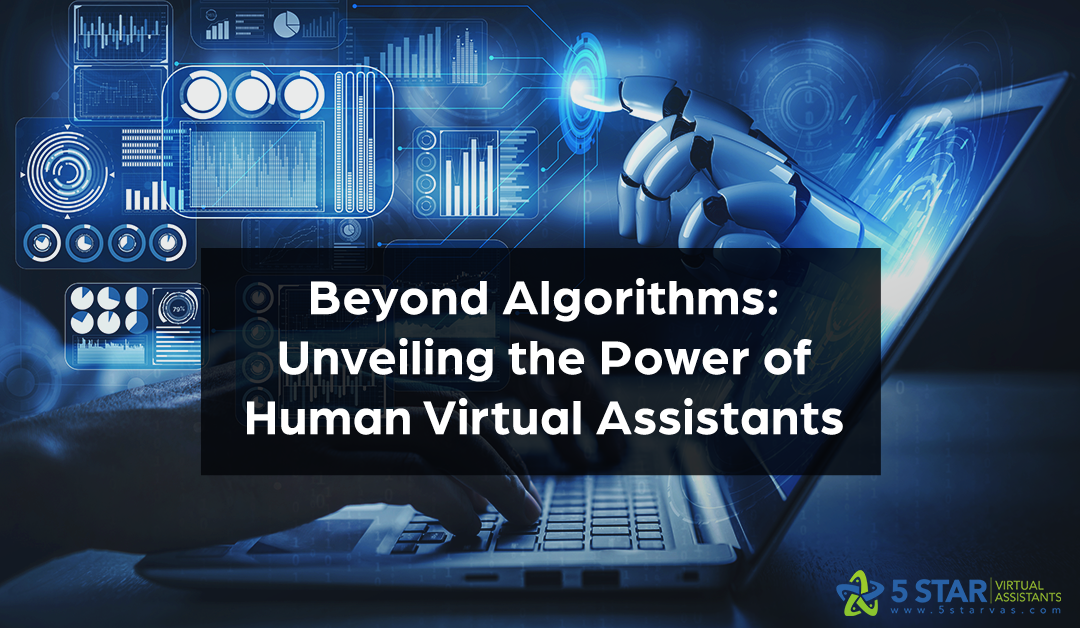Introduction
In our increasingly digital world, virtual assistants have become an integral part of our daily lives. They help us manage tasks, answer questions, and streamline our busy schedules. While AI-powered virtual assistants like Siri, Alexa, and Google Assistant have made remarkable strides in recent years, they still lack the depth and nuance that only a human touch can provide. In this article, we will explore the reasons why human virtual assistants are, and likely will remain, superior to their AI counterparts.
Emotional Intelligence
One of the most significant advantages that human virtual assistants possess is emotional intelligence. Humans have a unique ability to interpret emotions, empathize, and adjust their responses accordingly. While AI can simulate empathy through pre-programmed responses, they lack genuine emotional understanding, which is essential when dealing with complex personal matters or sensitive topics.
Human virtual assistants can respond with care and compassion, providing a level of comfort and reassurance that AI can never replicate. Whether it’s offering emotional support or understanding the nuances of a conversation, humans excel in addressing the emotional needs of individuals, making them more suitable for certain tasks.
Contextual Understanding
AI-powered virtual assistants have made substantial progress in understanding context, but they still fall short when it comes to complex conversations. Humans possess the ability to grasp subtle cues, recognize sarcasm, and navigate ambiguity, which allows for more nuanced and accurate responses.
For instance, in customer service interactions, human virtual assistants can better comprehend the intricacies of customer complaints, addressing the root causes rather than just providing standard responses. This adaptability and contextual understanding ensure that the human element remains crucial in providing exceptional assistance.
Creativity and Problem-Solving
Creativity and problem-solving are uniquely human traits. While AI excels at processing vast amounts of data and identifying patterns, it lacks the innovative thinking that humans possess. Human virtual assistants can think critically, come up with creative solutions to unforeseen problems, and adapt to new challenges seamlessly.
Whether it’s helping users with complex troubleshooting or brainstorming new ideas, human virtual assistants can go beyond conventional approaches to find personalized solutions tailored to each individual’s needs.
Ethics and Moral Decision Making
AI-powered virtual assistants follow strict algorithms and guidelines set by their creators. While this ensures consistency and predictability, it also means that they lack the ability to make moral judgments in complex situations. Human virtual assistants, on the other hand, can draw on their ethical reasoning and personal experiences to navigate moral dilemmas more effectively.
For instance, when confronted with conflicting information or ethical choices, a human virtual assistant can weigh the consequences and offer guidance based on individual values, rather than simply following a programmed response.
Personalization and Human Connection
Human virtual assistants can build genuine human connections with their users, establishing rapport and trust over time. Unlike AI-powered assistants that rely on data-driven interactions, human assistants can remember past conversations, preferences, and personal details, making each interaction more personalized and engaging.
These connections foster loyalty and a sense of emotional attachment that is difficult to replicate with AI alone. Human virtual assistants can adapt to individual communication styles, preferences, and even cultural sensitivities, enhancing the overall user experience.
Conclusion
While AI-powered virtual assistants have undoubtedly revolutionized how we interact with technology, human virtual assistants remain superior in many aspects. From emotional intelligence and contextual understanding to creativity, problem-solving, ethics, and personalization, the human touch brings a level of depth and authenticity that AI cannot match.

